Introduction
Understanding Health Concerns for Pug is vital for their long-term well-being
- Pugs are prone to specific health issues due to their unique anatomy and genetics
- Early detection and prevention can significantly improve your Pug's quality of life
- Learn about common health problems in Pugs to better care for your furry friend
- This guide will cover symptoms, prevention, and care tips for your Pug's health issues
- Stay informed to ensure your Pug lives a healthy, active, and joyful life
1. Brachycephalic Airway Syndrome
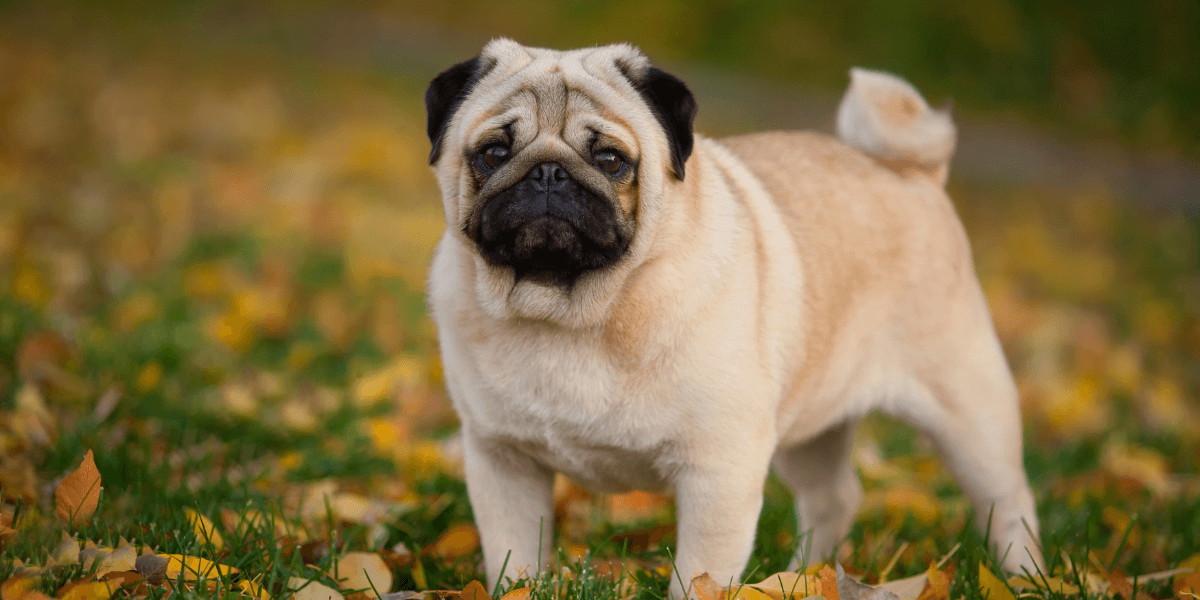
Pugs have a flat-faced (brachycephalic) structure.
Prevention and Care
- Weight Management: Maintain a healthy weight to reduce respiratory stress
- Cool Environment: Keep your pug in a cool, well-ventilated area
- Avoid Overexertion: Limit strenuous activities and ensure regular breaks during exercise
- Veterinary Check-ups: Regular vet visits to monitor and manage breathing issues
2. Obesity
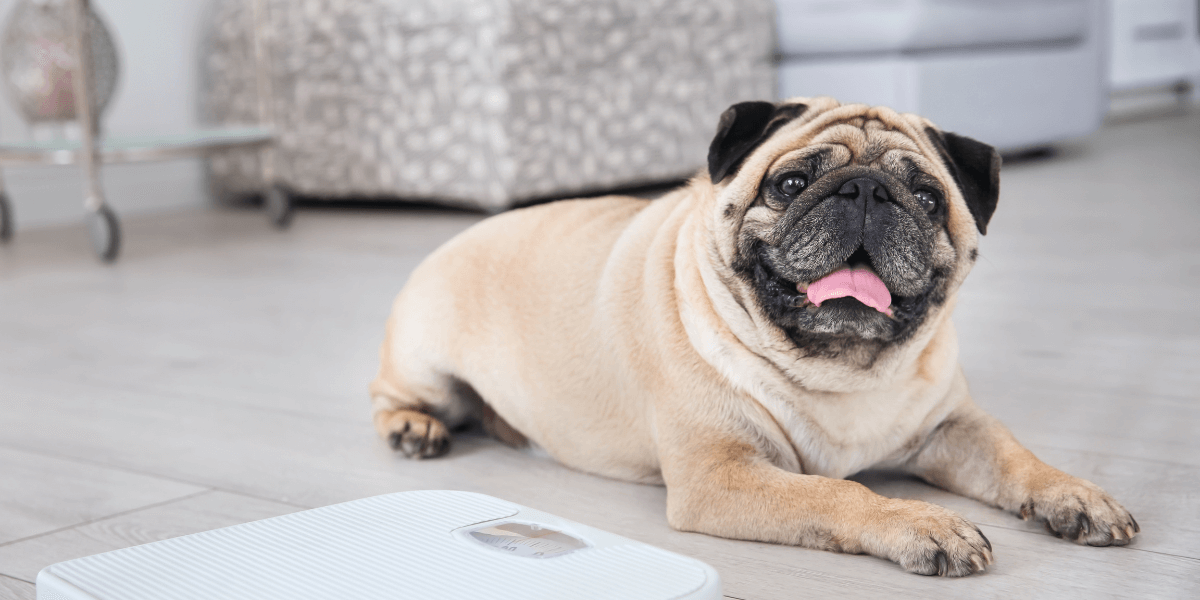
Pugs are prone to obesity due to their love for food and relatively low activity levels.
Prevention and Care
- Balanced Diet: Provide a diet rich in nutrients and low in calories
- Regular Exercise: Engage in daily walks and playtime to keep your pug active
- Portion Control: Measure food portions and avoid overfeeding
- Healthy Treats: Offer low-calorie treats or vegetables like carrots
3. Hip Dysplasia
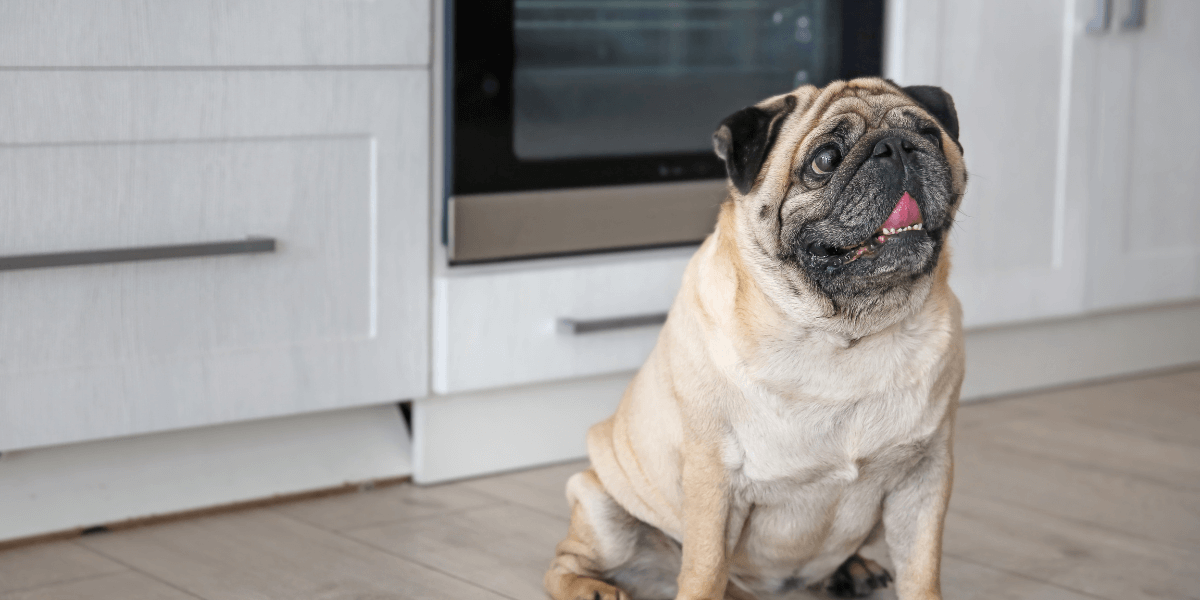
While more common in larger breeds, pugs can also be affected.
Prevention and Care
- Maintain Healthy Weight: Prevent excess weight to reduce joint strain
- Joint Supplements: Consider supplements like glucosamine and chondroitin
- Moderate Exercise: Engage in low-impact activities like swimming
- Comfortable Bedding: Provide orthopedic beds to support joints
4. Eye Problems

Pugs' prominent eyes make them susceptible to several eye issues.
Prevention and Care
- Regular Eye Checks: Inspect your pug's eyes daily for redness or cloudiness
- Eye Protection: Prevent eye injuries by avoiding rough play and using harnesses instead
- Clean Environment: Keep your pug's living area clean to prevent irritants
- Veterinary Care: Seek immediate vet attention if you notice any eye abnormalities
Learn about common eye problems in Pugs and how they compare to Great Danes' health issues.
5. Allergies
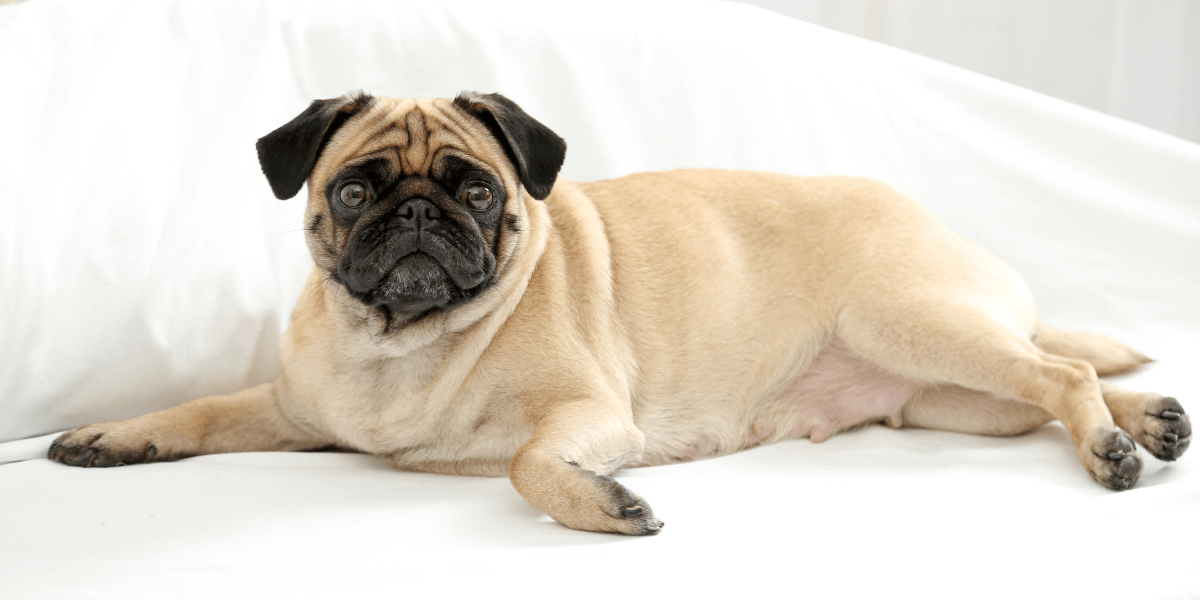
Allergy symptoms include itching, redness, and gastrointestinal issues.
Prevention and Care
- Hypoallergenic Diet: Feed a diet free from common allergens like beef and grains
- Environmental Control: Keep your home clean and wash your pug's bedding regularly
- Regular Bathing: Use hypoallergenic shampoos to soothe the skin
- Vet Consultation: Work with your vet to identify and manage allergens
6. Dental Issues
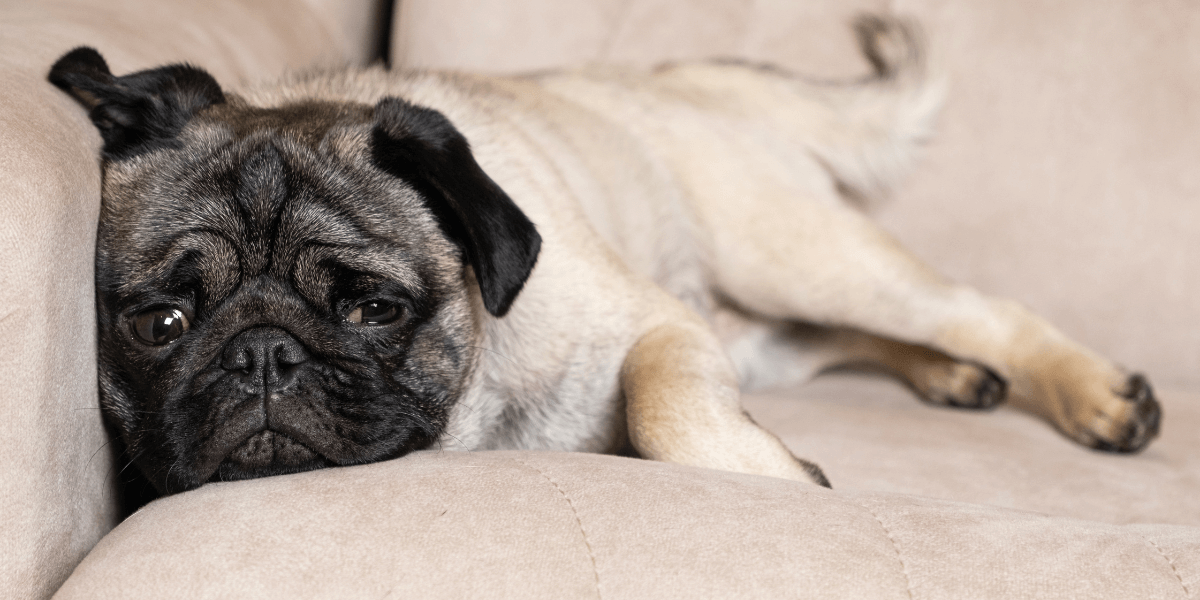
Poor dental hygiene can lead to pain, tooth loss, and systemic infections.
Prevention and Care
- Regular Brushing: Brush your pug's teeth daily with dog-safe toothpaste
- Dental Chews: Provide dental chews to help reduce plaque and tartar
- Professional Cleanings: Schedule regular dental cleanings with your vet
- Healthy Diet: Offer foods that promote dental health
Discover effective dental care tips for Pugs and how diet impacts German Shepherds' oral health.
7. Skin Infections
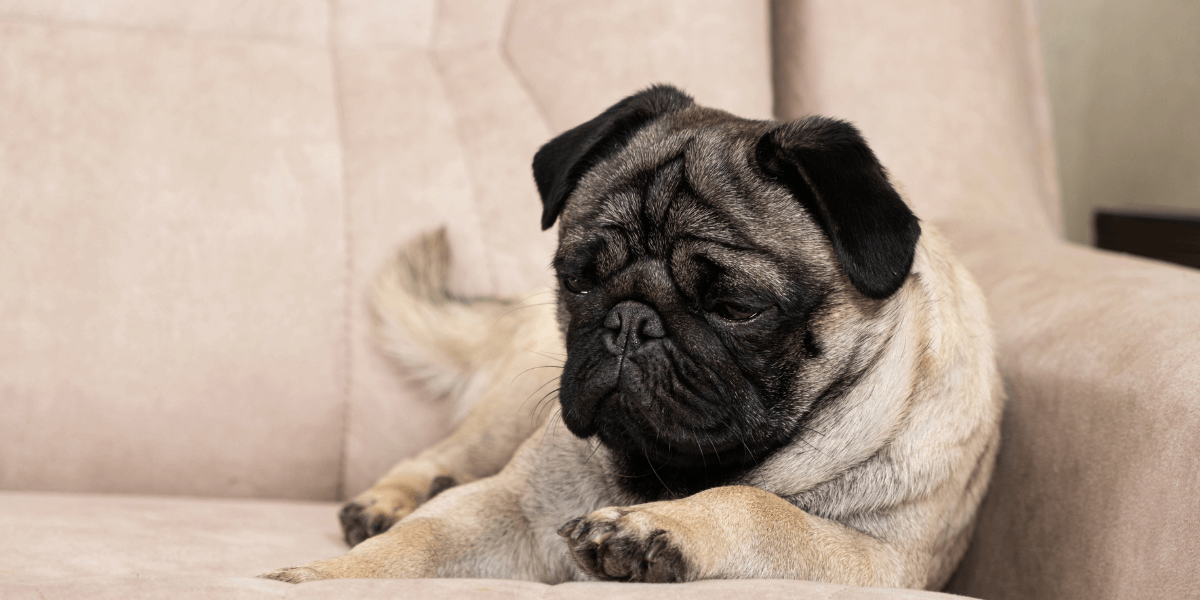
Symptoms include redness, itching, and foul odor.
Prevention and Care
- Regular Cleaning: Clean and dry skin folds daily, using pet-safe wipes
- Monitor for Infections: Check for signs of infection and consult your vet if needed
- Medicated Shampoos: Use vet-recommended shampoos to prevent and treat infections
- Balanced Diet: Ensure your pug's diet supports healthy skin
8. Heat Sensitivity
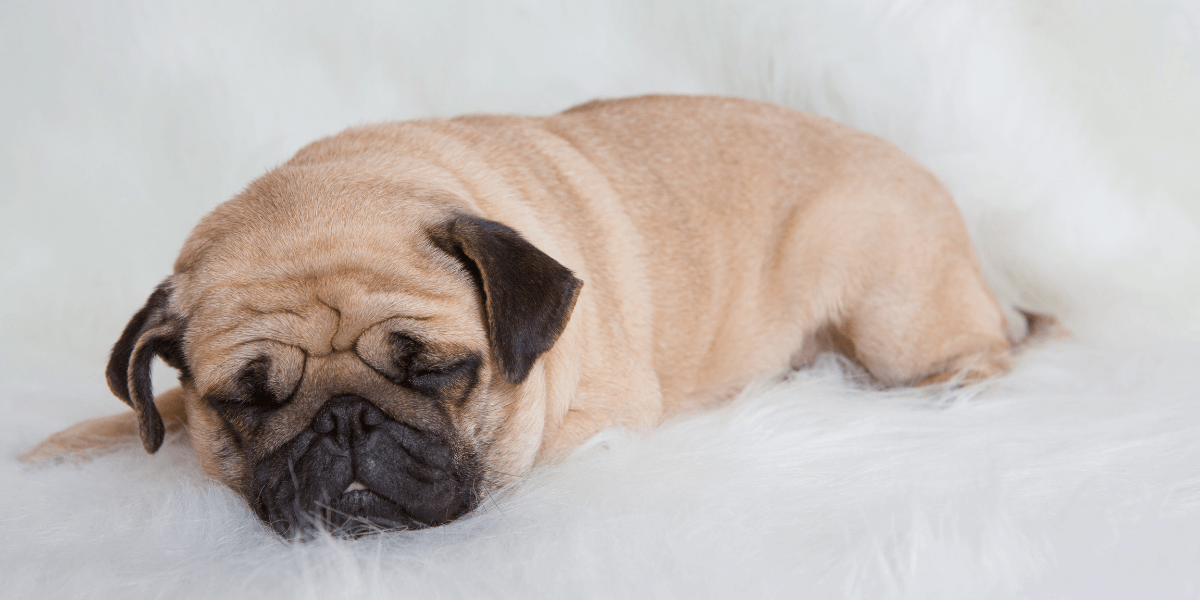
Pugs are highly susceptible to heat due to their brachycephalic structure.
Prevention and Care
- Cool Environment: Keep your pug in air-conditioned spaces during hot weather
- Hydration: Ensure constant access to fresh water
- Avoid Heat Exposure: Walk your pug during cooler parts of the day
- Cooling Products: Use cooling mats and vests to help regulate body temperature
Understand Pug heat sensitivity and how proper nutrition aids Bernese Mountain Dogs in temperature regulation.
9. Luxating Patella
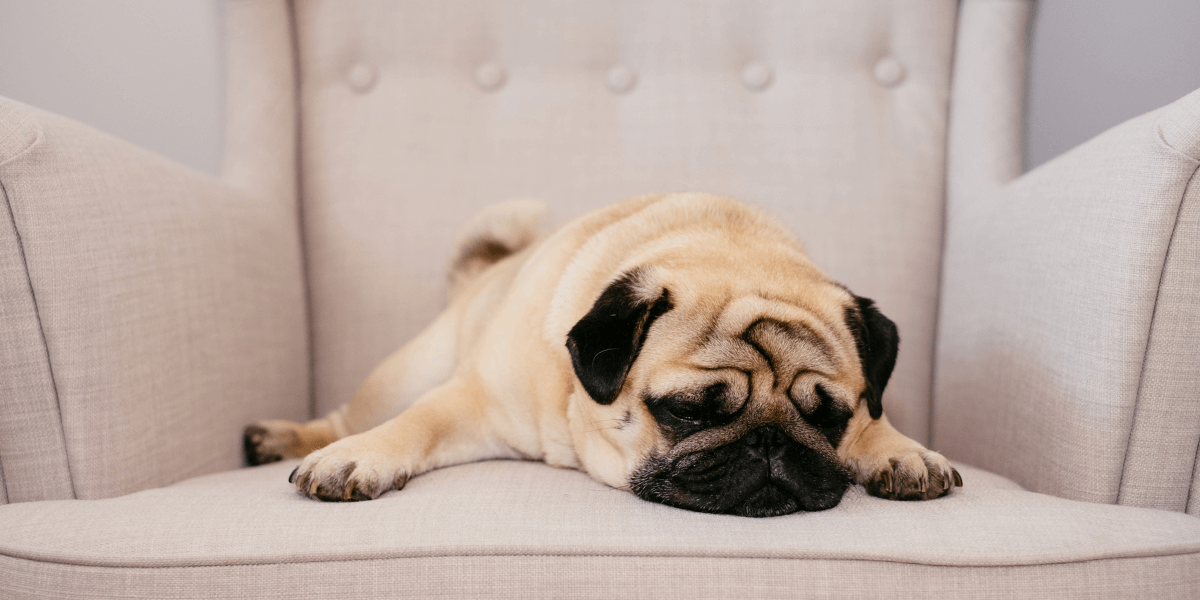
It can range from mild to severe.
Prevention and Care
- Weight Management: Keep your pug at a healthy weight to reduce joint strain
- Controlled Exercise: Avoid high-impact activities that may worsen the condition
- Supplements: Consider joint supplements as recommended by your vet
- Surgical Options: In severe cases, surgery may be necessary to correct the issue
10. Pug Dog Encephalitis (PDE)
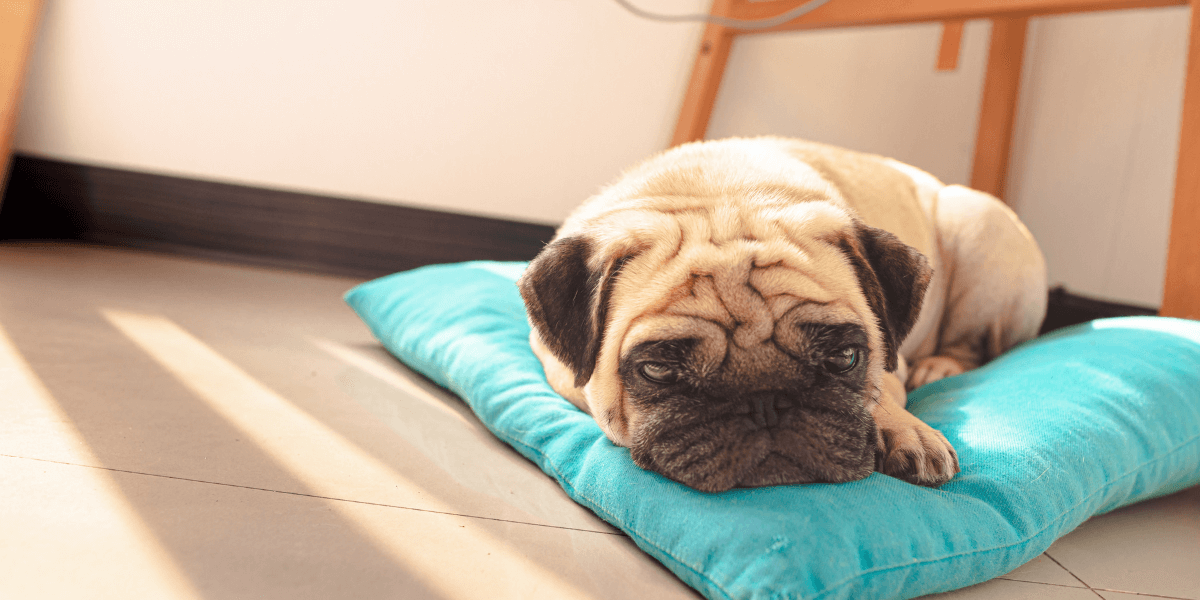
Symptoms include seizures, lethargy, and behavioral changes.
Prevention and Care
- Genetic Testing: Consider genetic testing for breeding dogs to reduce the risk
- Symptom Monitoring: Be vigilant for early signs of PDE
- Veterinary Care: Seek immediate vet attention if symptoms appear
- Supportive Care: Provide comfort and follow your vet's guidance for managing symptoms
FAQs
1. What are common Health Concerns for Pug?
- Pugs often face breathing, eye, and joint issues
2. How can I prevent breathing problems in my Pug?
- Keep them at a healthy weight and avoid heat
3. What should I do if my Pug has eye problems?
- Consult your vet for proper eye care and medication
4. How can I care for my Pug's skin?
- Regularly clean their wrinkles and keep them dry
5. Are Pugs prone to obesity?
- Yes, manage their diet and ensure regular exercise
6. What joint problems do Pugs face?
- Pugs can suffer from hip dysplasia and arthritis
7. How can I address health concerns for Pug?
- Routine vet check-ups are essential for Pug health
Conclusion
- Awareness of Health Concerns for Pug ensures timely and effective preventive measures
- Regular vet check-ups are crucial for early detection of any potential health issues
- Maintaining a healthy diet and weight can prevent many common Pug health problems
- Consistent exercise and mental stimulation keep your Pug fit and happy
- Understanding your Pug's unique needs helps in providing optimal care
Share this post with fellow pug owners, and leave a comment below!
References
For more information on Health Concerns for Pug, check:
- What are the best treatments for dog hip and joint pain?
- New research shows Pugs have high health risks
- Common Causes of Hip and Joint Pain in Dogs?
- Health Concerns for Pug Dog
- The Best Joint Supplements for Dogs with Hip and Joint Pain
- Top 9 Pug Health Problems to Look Out For
Thank you!



